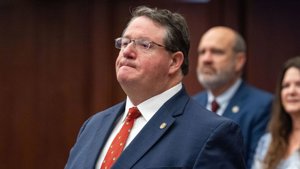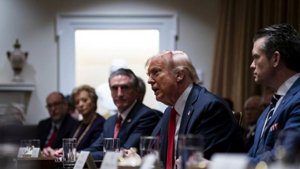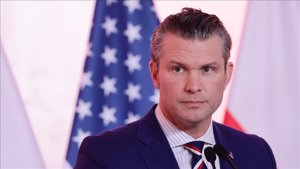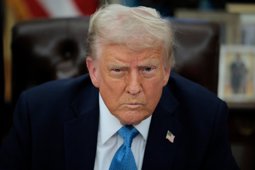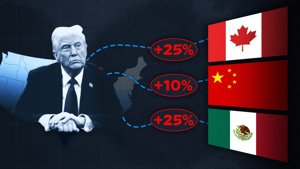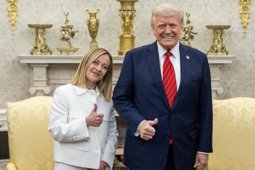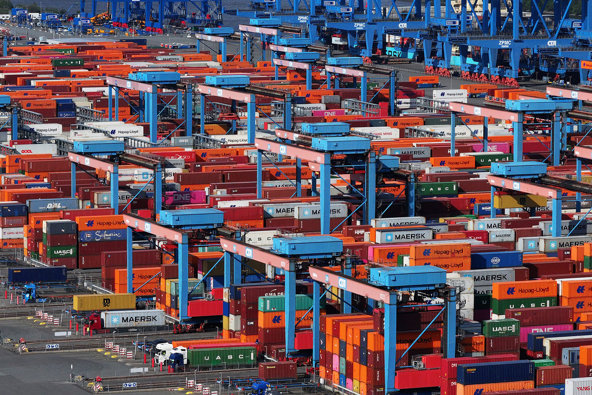
CBP Disputes Trump’s Tariff Revenue Claim
The United States Customs and Border Protection (CBP) has released updated figures contradicting President Donald Trump's recent claim that the country collects nearly $2 billion per day from tariffs. In a statement provided to CNBC on Wednesday, the CBP confirmed that since April 5, it has collected over $500 million under the new reciprocal tariffs.
This new data brings the total tariff revenue collected from 15 presidential trade actions implemented since January 20, 2025, to more than $21 billion. The announcement comes amid growing scrutiny of the administration’s trade policies and revenue reporting.
The CBP clarified that a brief system glitch recently affected the exemption process for certain imports but did not significantly impact revenue collection. Despite the technical disruption, average daily tariff intake remained at $250 million.
Additional figures released by the U.S. Treasury Department on Monday under the category “Customs and Certain Excise Taxes” reported a daily revenue collection of $305 million. This data further highlights the discrepancy between actual recorded income and President Trump’s repeated assertion of $2 billion in daily tariff revenue.
President Trump has emphasized tariff income as a cornerstone of his economic policy, especially in negotiations involving reciprocal trade practices. However, the latest CBP and Treasury data suggest that while tariff collections are substantial, they fall short of the figures cited by the administration.
Experts note that the $21 billion total since January is significant and reflects the scope of enforcement under the Trump administration’s 15 trade actions. Nonetheless, the gap between public claims and official reports may invite renewed calls for transparency in how tariff impacts are communicated.
As trade tensions continue globally, accurate accounting of tariff revenues remains a critical issue, both for policy evaluation and public trust.

